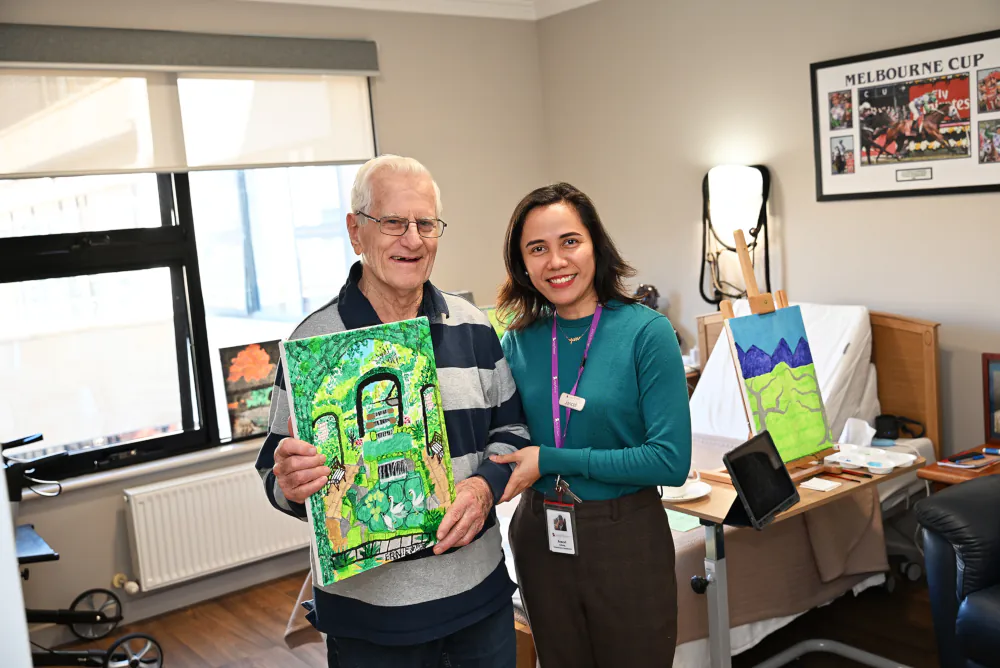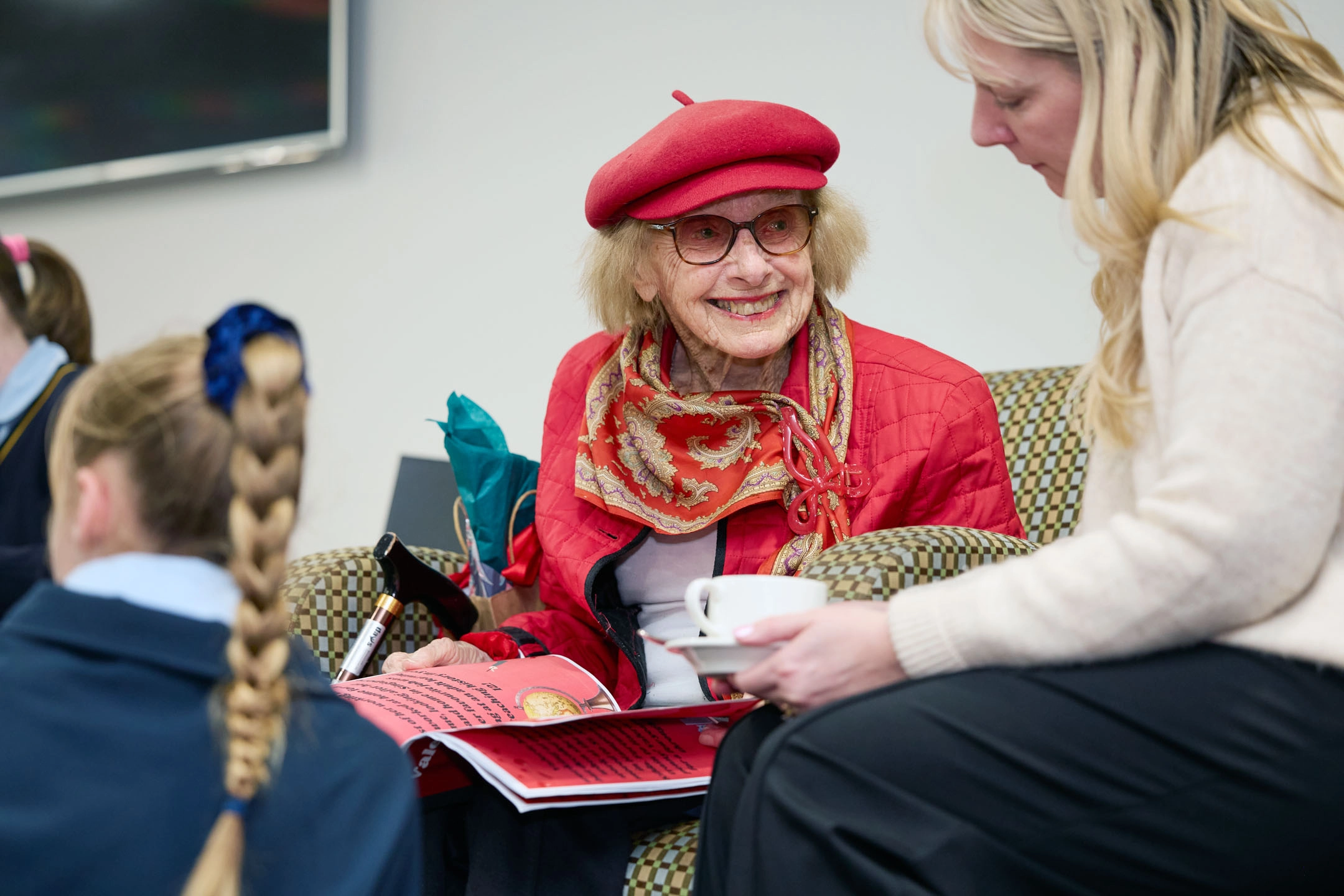Hearing Awareness Week: 11 Ways to Communicate

“73 percent of Australians aged over 70 have a mild to severe hearing loss. This percentage rises as age increases. As many as 85% of people in ‘nursing homes’ are typically hearing impaired.” – Deafness Forum of Australia
March 1 marks the beginning of Hearing Awareness Week which aims to raise awareness of hearing impairment. It also provides an opportunity for individuals who have a hearing loss to share their experiences and help to create a greater understanding of their needs and aspirations.

It is important as humans that we are able to connect with and communicate with those around us, and to stay socially active.
Consequences of hearing loss can include becoming socially withdrawn, which can lead to loneliness and isolation, and can worsen the symptoms of depression and dementia. Hearing loss can also cause frustration and embarrassment for the person having difficulty following a conversation.
Common signs of hearing loss include:
- Turning the television or radio up so loud that others might complain
- Asking people to repeat themselves, frequently
- Finding it hard to hear when speaking on the telephone
- Feeling uncomfortable when there is background noise, such as restaurant or at a social gathering
- Misunderstanding parts of conversations, and responding incorrectly
- Guessing answers to questions, and hoping they are correct
Meaningful communication strategies
If you want to engage in meaningful conversations with someone experiencing hearing loss, remember that effective communication is a two-way responsibility, and patience and understanding are key when trying to communicate.
Here are a few tips to help you along the way:
- Get the listeners attention before your start. This can be done with a smile and a wave, or by gently touching their hand. Be careful not to startle a person, as they may not realise you are in the room.
- Reduce sound. It is hard for anyone to hear a conversation over loud noises, so reduce or remove sound as much as you can. Turn the TV or radio off, with non-vocal communication to gain permission.
- Face the person directly, and make sure you are both on the same level, with both people either sitting or standing, and that you are around one metre away. If there are other people in the room joining the conversation, be sure to sit or stand near them, to help the listener follow the conversation as visual cues are important.
- Don’t shout! Speak clearly without mumbling, speak normally, and if need be, raise your voice just a little. There is no need to Slow. Your. Speech. Right. Down. The brain is wired so that full sentences make more sense than individual words.
- Smile. Remember body language and tone can make up 70% of the conversation. This is particularly important if the person is living with dementia.
- Be sure any light is on your face, and not behind you or shining in the persons eyes.
- Remember facial cues. Keep your face and mouth clear and visible, don’t turn your head away or cover your mouth with your hand. Many people with hearing loss use facial cues and lip reading to help them understand what you are saying.
- Use positive and open body language to help communicate, and don’t cross your arms. You can also try pointing to an object you’re talking about, to help give a visual clue.
- Guide the conversation. If the topic changes as the conversation progresses, give them a clue so that the person listening doesn’t lose track and become confused.
- Try, try, and try again. If something isn’t understood the first time, find another way of wording it. This helps give the person a different set of sounds, and hopefully an easier combination of sounds to hear. Hearing impairment in older people usually effects higher pitches, making consonants harder to hear than vowels. This explains why trying a different combination of words might help the person understand you, but shouting doesn’t.
- Consider a pen and paper or whiteboard marker and portable whiteboard are great resources to use, however they should be a last resort when trying to have a more meaningful conversation.
If you would like to speak to someone about you or your loved one’s hearing, Mayflower Brighton’s Wellness Centre has Clinical Audiologists from the Bayside Hearing Clinic offering free hearing screens for residents in the consulting suites.
You can also access independent advice and discuss a range of solutions including audiological rehabilitation and hearing aid management. To make a booking, call Bayside Hearing on 9596 8866.
For more information visit the hearing awareness week website










